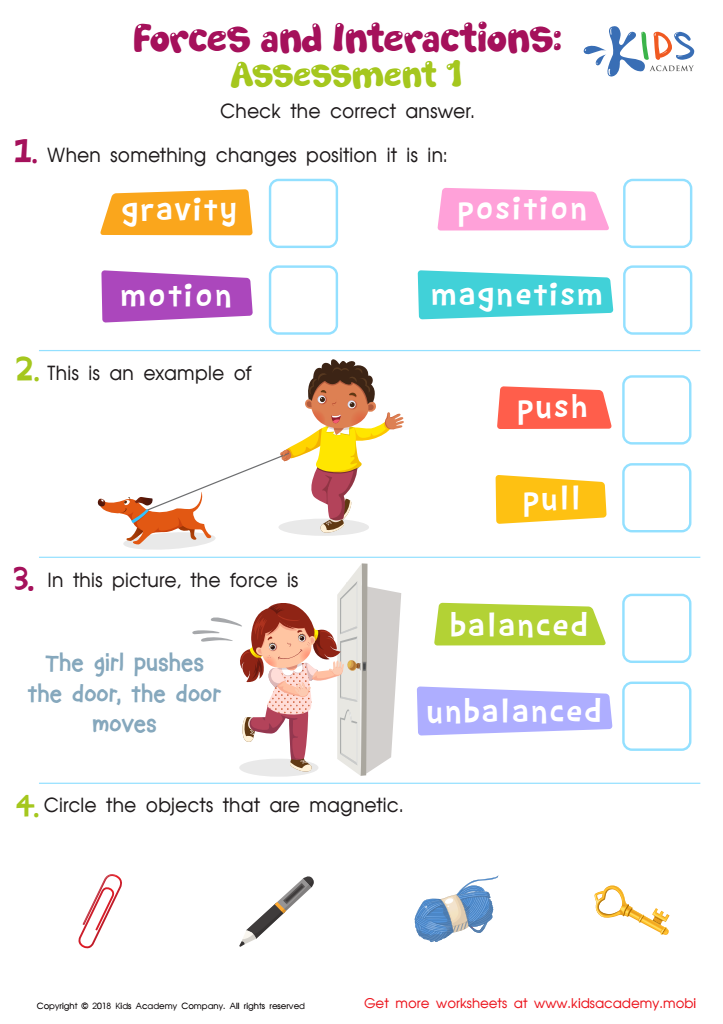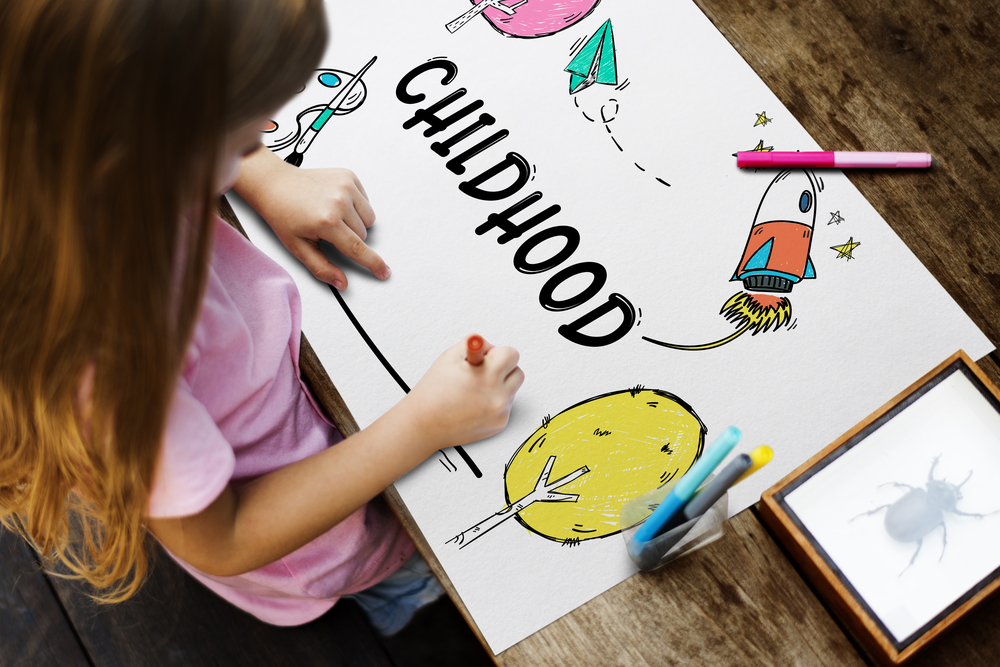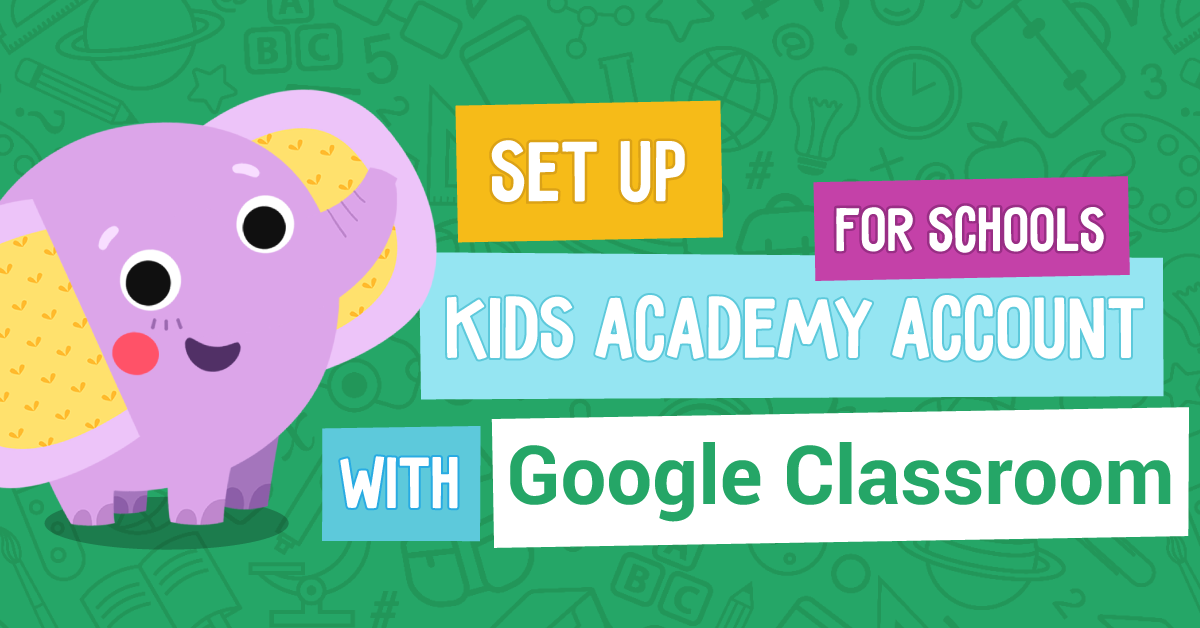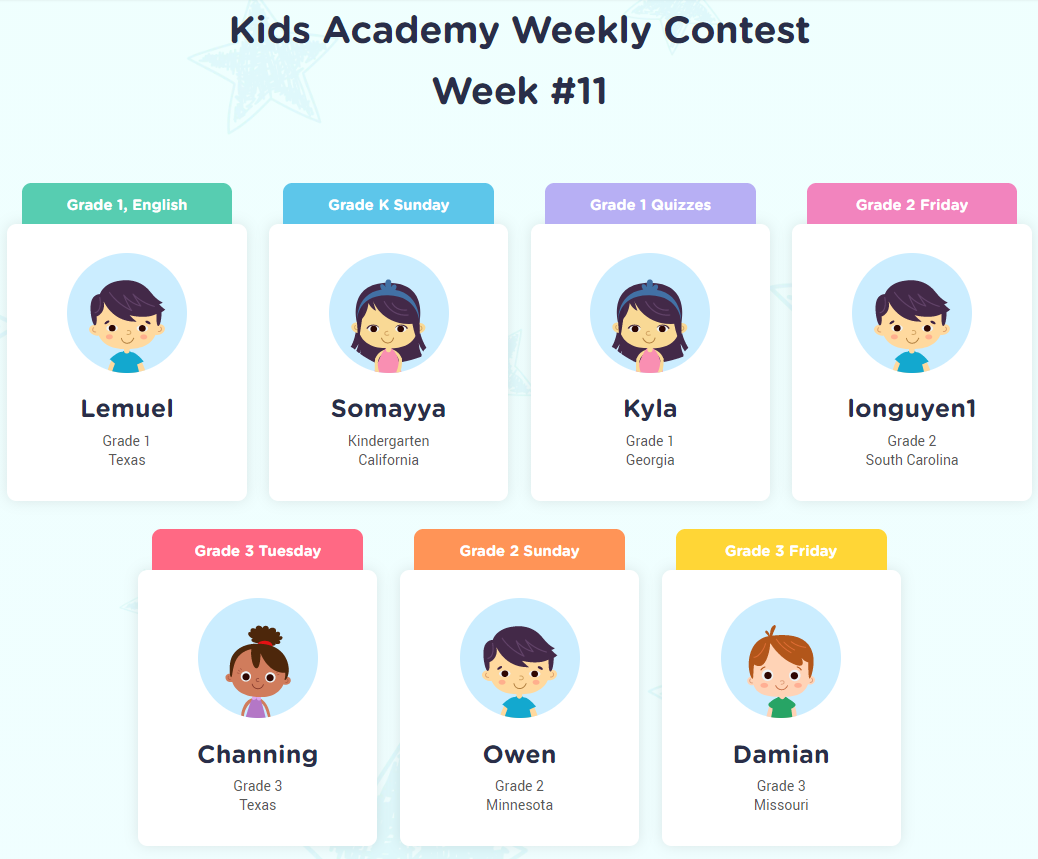Learning interactions Worksheets for Kids
1 filtered results
-
From - To


Forces and Interactions Printable
Question/Answer
How to test a Grade 3 student’s Learning interactions skills?
To assess a Grade 3 student's learning interaction skills, engage them in group activities or discussions, observe their ability to listen, share ideas, ask questions, and collaborate effectively with peers. Use role-playing scenarios to evaluate their problem-solving and empathy in social interactions. Additionally, check their ability to follow group norms and contribute constructively to achieve common goals.
How to train the Learning interactions skill in Grade 3 students learning about Physical Science?
To train the Learning Interactions skill in Grade 3 students studying Physical Science, engage them in hands-on experiments, group discussions, and interactive science games. Emphasize collaborative learning through peer observations, encourage them to ask questions and share hypotheses, and facilitate small group projects that require them to experiment, observe, and discuss findings together.
How does the mastery of the Learning interactions skill affect a student's performance at an early age?
Mastery of Learning Interactions at an early age significantly improves a student's performance by enhancing their ability to engage effectively with teachers and peers, absorb and retain information, collaborate, and apply critical thinking. It fosters a positive attitude towards learning, encourages active participation, and helps in developing problem-solving skills, thereby laying a solid foundation for academic success and lifelong learning.
 Assign to the classroom
Assign to the classroom










